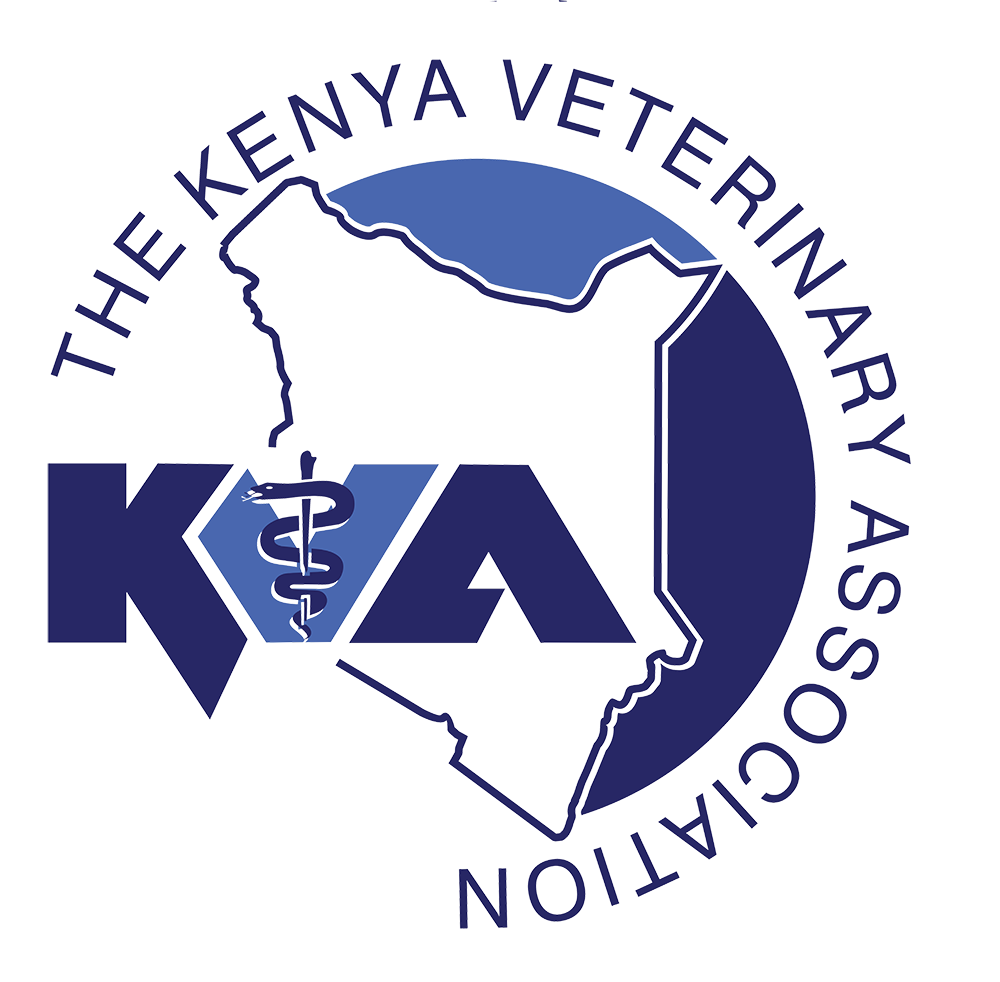Fighting bulls of Kakamega given bhang, study shows
Fighting bulls of Kakamega given bhang, study shows
In Summary
- There is also a person dedicated to singing and talking to the animals on the eve of the games.
- The study revealed that more than 80 per cent of the animals would step into the arena with injuries such as bleeding horns.
- The bulls are made to “live in isolation from other animals, their horns are sharpened and [in the process] they sustain injuries.”
- Dr Victor Yamo, the national chair of KVA said that the findings of the study should be taken seriously.

A bull fighting competition. A study has revealed that bulls involved in fighting in Kakamega are fed with herbs and bhang to reduce their sexual libido and endure tremendous amounts of distress. FILE PHOTO | JARED NYATAYA | NATION MEDIA GROUP
Bulls involved in fighting in Kakamega are fed with herbs and bhang to reduce their sexual libido and endure tremendous amounts of distress, a research presented at a veterinary meeting in Meru has revealed.
There is also a person dedicated to singing and talking to the animals on the eve of the games.
At the Kenya Veterinary Association (KVA) meeting that begun Thursday in Meru Town, Mercy Barasa presented her findings on the torturous conditions that the animals go through despite legislation that forbids that manner of treatment.
Bull fighting is an entertainment activity in western Kenya that has attracted much political support, a situation that has made it impossible to enforce the laws in animal welfare.
Kakamega Senator Boni Khalwale is an avid supporter of bull fighting with his bulls winning the fights in several occasions.
ANIMALS AND FOOD SECURITY
The conversation about animal rights has emerged in the veterinary field, locally and globally, following the studies that have linked animal productivity —which translates to food security and poverty alleviation in communities — and the wellbeing of those animals.
Dr Victor Yamo, the national chair of KVA said that the findings of the study should be taken seriously as the wellbeing of the animals is related to food security.
The law that criminalises the mistreatment of animals has been in existence since the 1950s as quoted in the Prevention of Cruelty to Animals Act cap 360.
However, the only punishment which is in that very law and which was set in 1984 stipulates a fine of Sh3,000 or six months in jail for offenders and has never been changed ever since.
BULLS LIVE IN ISOLATION
Ms Barasa, a master’s student in veterinary studies, said the bulls are made to “live in isolation from other animals, their horns are sharpened and [in the process] they sustain injuries.”
Her study, which involved interviewing more than 40 farmers in Idakho who are actively involved in the activity, also revealed that more than 80 per cent of the animals would step into the arena with injuries such as bleeding horns.
One in every ten (12.5 per cent) of the animals that fight dies in the process.
Interestingly, some of the vets in the meeting, whose awareness of the laws and rights was high, made snide remarks about their profession making a mountain out of anthill since “in every sport, just like boxing, there was risk of being hurt”
This article originally appeared on the Daily nation on 27th April, 2016 authored by Verah Okeyo. Available at: http://www.nation.co.ke/counties/meru/Fighting-bulls-Kakamega-given-bhang/-/1183302/3179054/-/ov2xn1z/-/index.html



 The upcoming webinar on PRRSV ELISA test “See how PRRSV test impacts herd health & economics “is now open for registration. Please share the
The upcoming webinar on PRRSV ELISA test “See how PRRSV test impacts herd health & economics “is now open for registration. Please share the
You must be logged in to post a comment.